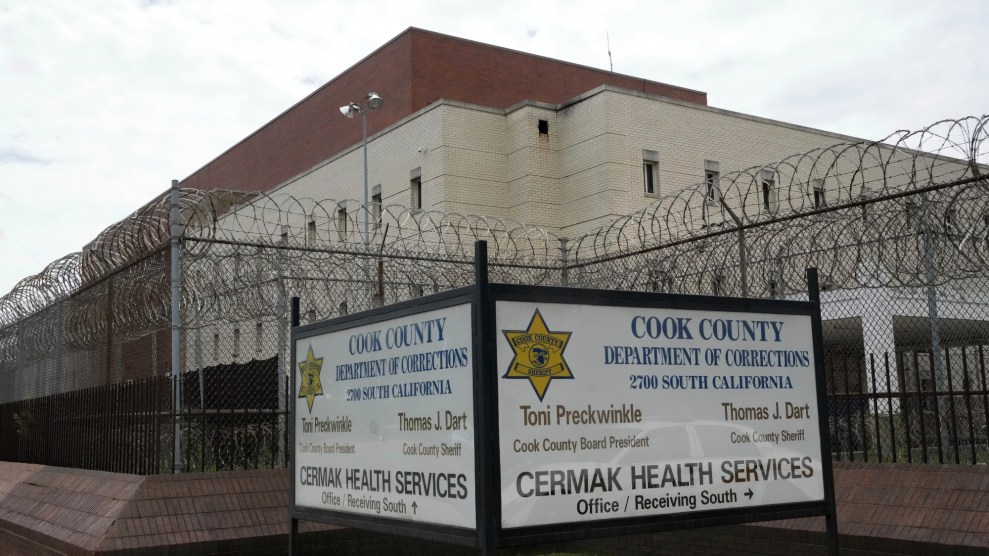Article created by the The Century Foundation.
At a time when Washington is preoccupied with the paralysis of the regime it changed in Baghdad, and hints darkly of another military attack to effect regime change in Iran, the installation of a newly elected government this past week in Haiti is a reminder of the limited capacity of outsiders to shape a democratic transition to their liking.
Haitians celebrated last Sunday the inauguration of René Préval as president, three months after his election over 25 opponents. Yet at the very hour of his investiture, United Nations peacekeeping troops—whose major planned activity that day was to provide security in Port-au-Prince for the inauguration—had to be rushed to quell a prison riot elsewhere in the capital.
This was a telling metaphor for the beleaguered island’s current situation. Just as Haitians dare to feel a rare moment of optimism at the restoration of a democratically elected government, raw violence remains an ever-present threat. This violence is not a stubborn, disciplined insurgency like Iraq’s, but the tidal wave of gang violence confronting U.N. peacekeepers has made much of Haiti virtually ungovernable since former president Jean-Bertrand Aristide’s ouster two years ago.
The United Nations peacekeeping force that has sought to maintain order over the past two years—currently 7,200 soldiers and 1,750 police from two dozen countries, mostly Latin Americans—costs a half billion dollars a year. This may be tiny in comparison to America ’s flailing effort to sustain a friendly regime in distant Iraq, but there are already political pressures to cut back this force when its current mandate expires this August. This is no time to cut and run.
Fortunately, the troops involved are not from America’s overstretched military, but those of partner countries in the hemisphere and beyond. Still, to keep those troops there the Congress is going to have to make speedier payment on America’s share of U.N. peacekeeping dues. (Awkwardly, the Bush administration is currently engaged in budget brinkmanship at the United Nations over management reforms, which could shut down much of the organization on July 1.) And the Europeans and Canadians will have to join Washington in supporting the elected government with assistance for Haiti’s social and economic development.
The mutual loathing between Haiti’s traditional elite and impoverished population is at least as bitter as that between religious Shia and Sunni in Iraq. Haiti’s poor at last discovered their democratic muscles in electing Aristide, and after his ouster in 2004 many steadfastly refused to accept the legitimacy of the figures recruited by outsiders to govern them. Aristide may not be the only president convinced that God speaks through him, but his simplistic good-versus-evil populism makes him uniquely detested in elite circles. Since 2001 conservatives in Washington denied Haiti needed assistance, destabilizing Aristide’s administration, and intrigues of the International Republican Institute secured his overthrow.
But times have changed since the 1953 CIA-led coup in Iran: In our new age of democratic sensibilities, it is far easier for a foreign power to depose a government than install one. None of the “moderate” candidates for president could muster more than a tiny fraction of the votes that Haitians gave to Aristide’s ally Préval. Préval is far less polarizing than Aristide, however, and the Bush administration must commit itself to support rather than subvert his government.
Préval starts by confronting gang rule and violence with an essentially non-existent judicial system, a predatory police force, and a deeply fractured and ineffectual government. The first and most obvious thing the international community should do is renew and expand the U.N. peacekeeping mandate before it expires on August 15. Troop contributing countries seem to favor its extension, but there is not yet agreement on how the mission can be gradually shifted from an emphasis on troops to U.N. (and finally Haitian) civilian police.
Next, the United States and other donors should make good on their promise to provide assistance to Préval’s government as it tries to build the parliamentary coalitions that will be necessary for establishing a cohesive and effective government. Haiti may be the first test of the capacity of the new U.N. Peace-Building Commission to fix a common international plan to sustain a strife-shattered country’s reconstruction, and mobilize the money needed to achieve it.
Préval set one extraordinary precedent in his first presidential term from 1996 to 2001—he was the first elected president in Haiti’s history to serve out his term and hand over power to an elected successor. But if this island state is to end the costly cycle of rehabilitation and relapse that has repeatedly sent it to the international intensive care unit, the international community has to do better this time. Only with sustained international support for its democratic development can Haiti one day produce a more lucrative main export than desperate migrants.








